
Honda sea tbelt recall overview:
- Who: Honda recalled more than 448,000 SUVs and light vehicles.
- Why: The driver and front passenger seat belts may not latch correctly.
- Where: The recall is active in the United States.
Honda recalled more than 448,000 SUVs and light vehicles as the driver and front passenger seat belts may not latch correctly.
The National Highway Traffic Safety Administration (NHTSA) website published the recall March 9. It applies to a total of 448,613 vehicles in the United States. The recalled models are the 2017-2020 Honda CR-V, 2018-2019 Honda Accord, 2018-2019 Honda Accord Hybrid, 2018-2020 Honda Odyssey, 2019-2020 Acura RDX and 2019 Honda Insight.
According to the recall, the seat belt buckle channel for the driver and front passenger seat belts were “manufactured out of specification,” causing interference between the buckle channel and the release button.
“The buckle channel surface coating may deteriorate over time, and the release button may shrink against the channel at low temperatures, increasing friction,” the Honda recall report states.
Defect can leave occupants at risk of injury, Honda seat belt recall states
The increased friction can create latching problems, Honda says, which can leave occupants more vulnerable to injury.
Honda says it received 301 warranty claims over the issue from March 2019 to January 2023. The automaker is unaware of any injury or deaths, according to the NHTSA report.
The company is not currently facing legal action over the recall, but Top Class Actions follows recalls closely as they sometimes lead to class action lawsuits.
Owners of the recalled vehicles can expect contact by mail around April 17 with instructions to take their vehicles to an authorized dealer for a free seat belt buckle assembly replacement.
Meanwhile, in February, Honda issued a “Do Not Drive” warning for certain model year 2001-2003 Honda and Acura vehicles equipped with defective Takata Alpha driver-side airbag inflators that have not been repaired.
The replacement parts needed to complete the Honda airbag recall process, which the NHTSA now calls “dire” due to the vehicles’ ages, are available for free for affected vehicle owners.
Are you affected by this Honda seat belt recall? Let us know in the comments!
Don’t Miss Out!
Check out our list of Class Action Lawsuits and Class Action Settlements you may qualify to join!
Read About More Class Action Lawsuits & Class Action Settlements:
- Honda issues “Do Not Drive” warning for cars equipped with Takata Alpha driver-side airbag inflators
- Nissan, VW, Tesla issue vehicle recalls in February
- Polaris announces recall for Sportsman All-Terrain Vehicles due to fire, crash risk
- City of Cleveland files lawsuit against Hyundai, Kia over after rash of thefts



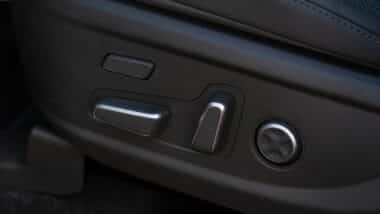
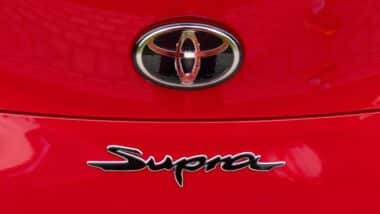

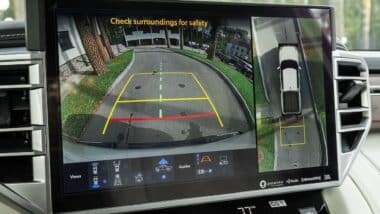
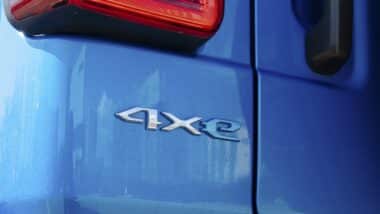


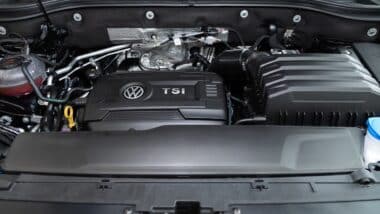




3 thoughts onHonda initiates recall for 448K vehicles over seat belt defect
Honda should be recalling CRV’s (perhaps other models also) because my rear left door and window stopped working with FOB and master driver’s control over a year ago. There was a recall for this specific problem years earlier. I have a 2017 CRV turbo
I have a 2006 Honda civic hybrid do I qualify
Add me